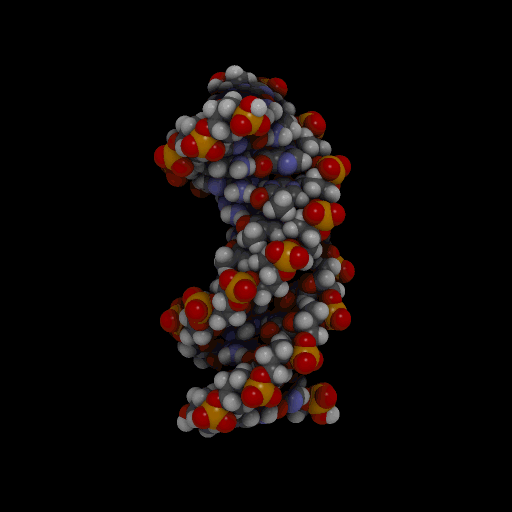Supreme Court Decision On DNA Privacy Could Mean Rapists Will Go Free

On Wednesday, Nevada Gov. Brian Sandoval signed into law a measure that makes it mandatory for felonious arrests to include DNA collection as part of the booking procedure.
Supporters of "Brianna's Law," a statute named after 2008 murder victim Brianna Denison, gathered in Reno as the governor hailed the new legislation as a "tremendous accomplishment for criminal justice in the state of Nevada." The law comes just as the United States Supreme Court is set to decide whether states can collect and analyze DNA from people arrested for and charged with serious crimes.
In Maryland v. King, debate centers around whether implementing laws like the one in Nevada violates the Fourth Amendment privacy rights of people arrested for a crime. Justice Samuel A. Alito has deemed the case "the most important criminal procedure case [the Supreme Court] has seen in decades."
DNA, or deoxyribonucleic acid, is the molecule in every living thing that contains our biological information. Every human being has distinct DNA and can be identified with it. The use of DNA has been extremely instrumental in convicting and, in many cases, acquitting suspects of crimes.
A lot of the problem with the question of DNA sampling lies with the scope of the sample. Are we grabbing DNA samples from traffic violators and people who write bad checks? Or are we narrowing the scope to very specific crimes? In the case before the court, the state of Maryland said that it would only take samples of people arrested for felonies, which are crimes that carry a sentence greater than one year.
Still, not everyone who is arrested is convicted. And once their DNA is taken, it would remain in a criminal DNA database indefinitely. The recently signed Nevada law would cross-reference the DNA of arrestees with DNA from other crime scenes as soon as the arrest is deemed legitimate. The DNA, in the case of Nevada's law, would be used as a lead in separate cases, not to convict the suspect in the case for which they were arrested. It is admittedly complicated, leaving it highly susceptible to improper use.
Those who support the new DNA measures, however, say that these implementations could help to keep a number of criminals off the street. Scott Berkowitz, president and founder of the Rape, Abuse and Incest National Network (RAINN), wrote a piece for CNN, which said that banning DNA collection could allow rapists to go free. "DNA is the fingerprint of the 21st century, and it is long established that police can collect fingerprints upon an arrest and check to see if those prints match an unsolved case," said Berkowitz.
When they heard arguments on the case in February, the Justices appeared evenly split on the subject. Some were in favor of it, saying (much like Berkowitz said) that collecting DNA is no different from collecting fingerprints. Others, however, found the measure too extreme, saying it left too much room for mistake.
For now, as the justices decide whether DNA can be used, the Nevada law is a triumph for Brianna Denison's family and for other families like hers.
"Blocking law enforcement from collecting DNA from people arrested for violent crimes would be an enormous step backward in our country's fight against sexual violence," wrote Berkowitz. "Tens of thousands of criminals are in prison today thanks to DNA, which has proven to be a detective's most valuable tool. Let's hope the Supreme Court overturns the Maryland decision, and that this tool remains available to law enforcement. They, and we, need it."



























